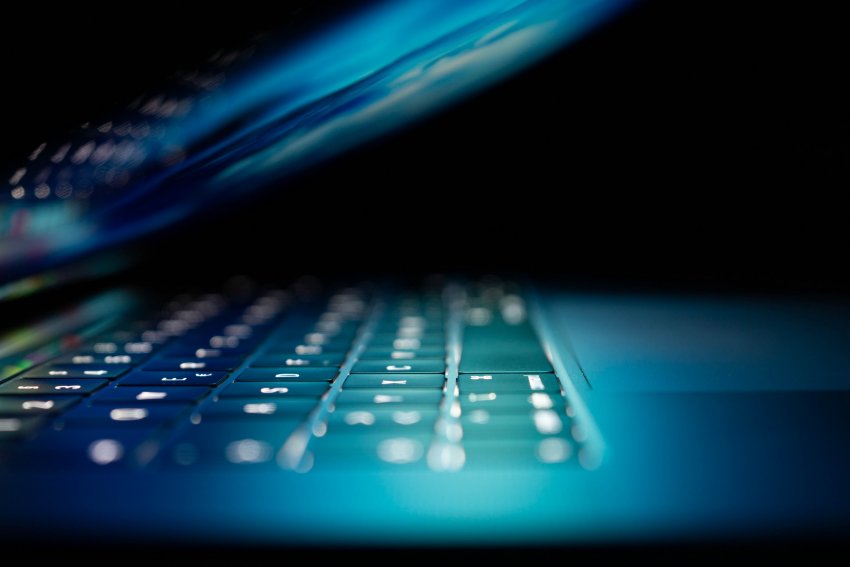October has arrived. For lots of people, it is the season of pumpkin spice lattes and Halloween trick-or-treating. For others, October is the Cybersecurity Awareness Month, warning us of the threats lurking on Internet. The month is devoted to promoting safer Internet use and changing bad online habits.
Why is it important? Your data has value. The information you put out online has a real and tangible price to all involved parties, from the social network you use to your county of residence. If your information has value, others will try to get it — which means you have to put on work to protect your information online.
What’s more, the Internet has made the world around us more connected than ever before. With the constant use of mobile data, connected devices, Internet of Things, smart homes and other brilliant inventions, not only your data but also your physical security can be at risk. Hacked home system can mean a stolen car or TV; an attack to your bank card is, in the best case scenario, a hassle because the card is now blocked and you have to visit your bank. In the worst case scenario, you are out of a lot of money.
What can you do to improve your online habits to protect yourself from attacks? These are some easy and inexpensive suggestions for personal use. If you are trying to protect your company from cyberattacks, it is always better to consult a professional.
- Use a VPN. VPN — Virtual Private Network — is considered a bare necessity for security, especially when travelling. VPN is used to create a private network through which encrypted data is sent. It ensures confidentiality and anonymity to the users of VPN, and is often used in countries such as China to access forbidden pages. VPN is the easiest way to protect your privacy online, and is especially useful when using public WiFi or accessing unknown Internet networks in foreign countries. It can be used every day to ensure that neither your government nor the websites you visit know about your activities online.
- Back up your data. Create regular back-ups to ensure that your data is still safe even if your computer is attacked. The best way is to set up automatic back-ups to an online cloud storage provider. On a similar note, don’t forget to ensure that your anti-virus software is always up to date and install all updates on your computer.
- Don’t share your information. While cybersecurity often seems a very complicated, technical field, lots of attackers use psychological rather than mechanical methods for getting to your data. If you want to share your vacation pictures and life updates on social networks, set up some privacy filters so that only people you know can see your news. Don’t respond to shady e-mails asking for your information; if you receive a suspicious e-mail from a bank or a government institution, you can always call to confirm what they’re asking. In this case, use a phone number or e-mail found on their official website, not the number provided in the e-mail.
- Practice safe habits. Sensitive browsing, e.g. shopping or using online banking, should be done only from your device in a network you can trust, otherwise your information might get stolen.
- Don’t forget about physics. If you use the fanciest password protection systems, have installed every update and encrypted all information in the network but a thief can easily drill a hole in your smart door key, it is not a safe solution. Don’t forget that many technological devices can be broken into or stolen in the physical world, so always lock your computer when you’re not using it, back-up your data in a cloud storage space so that a stolen computer is not a damaging security threat, and keep your cup of coffee safely away from your laptop.
Happy and safe Cybersecurity Awareness Month from us at Files.fm! May your folders be secure, data backed up, and VPNs running!
